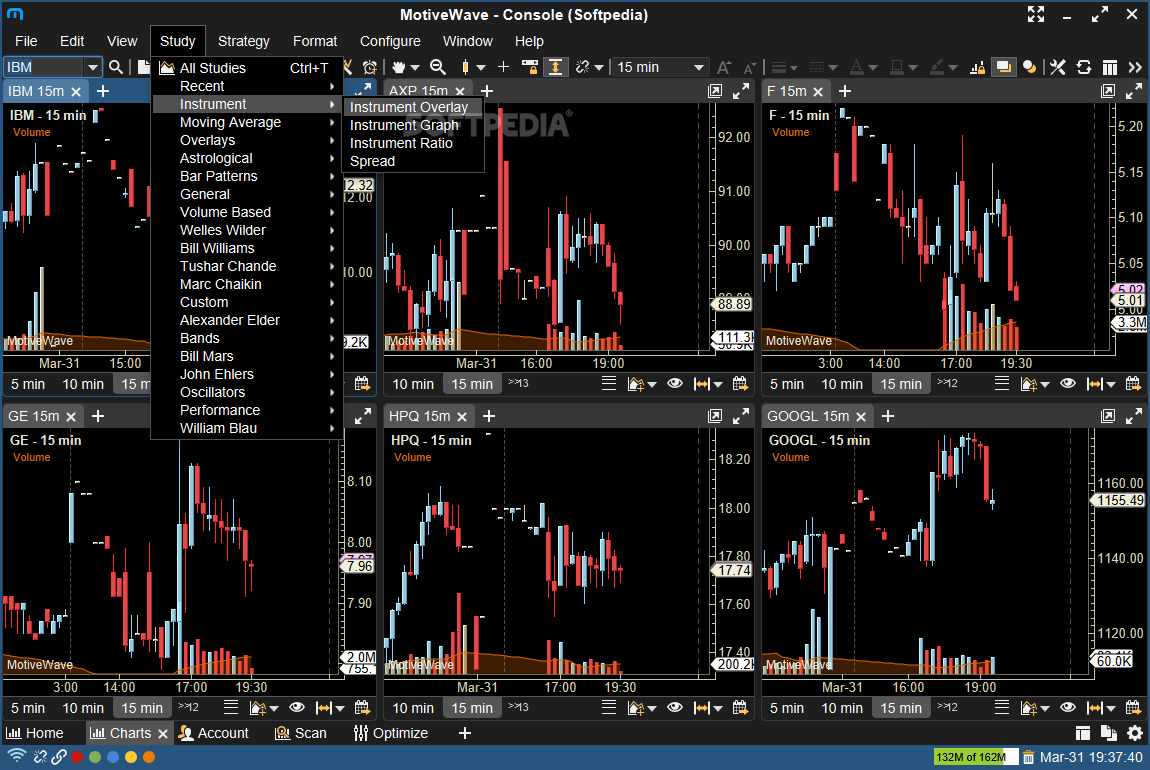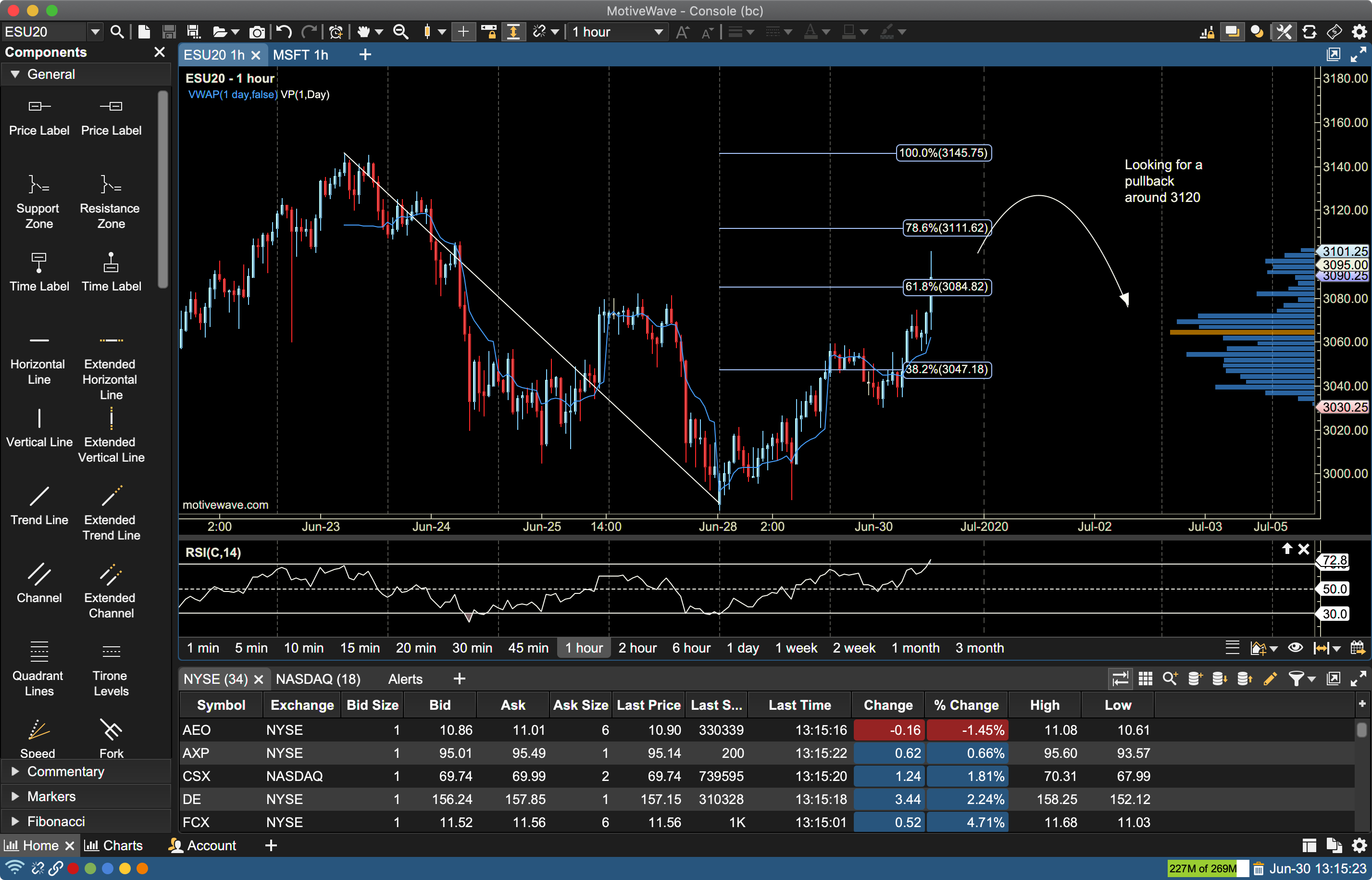



Only deal with what is relevant and/or important. Use filters in your searches to reduce the amount of information you get on Google. Create filters on your e-mail box and ensure that only priority material catches your eye during the day. Don’t feel pressured to deal with information as it arrives put it to one side and tackle it in a quiet time of the day. Create an information queue and tackle it on a regular basis.We all do this at times – ask yourself “what’s the worst that can happen?” when you realize the answer is “probably, not a lot” just take action.
#MOTIVEWAVE ISNT GIVING RECENT DATA FREE#

Managing information in daily life is no longer restricted to a wealthy elite but is a problem which faces nearly everyone. However, the dawn of the information age and access to powerful and low cost data collection on automated basis has brought us more information than at any other point in history. Throughout history there have been complaints about information overload particularly during the Renaissance and the industrial revolution periods. The concept of information overload has been around for longer than the phrase and even in the 3 rd (or possibly 4 th) century BCE the writer of Ecclesiastes 12:12 was complaining that “of making books there is no end”. Consequently, when information overload occurs, it is likely that a reduction in decision quality will occur.” Decision makers have fairly limited cognitive processing capacity. “Information overload occurs when the amount of input to a system exceeds its processing capacity. Gross defined information overload as follows: However, it was popularized by Alvin Toffler, the American writer and futurist, in his book “Future Shock” in 1970. The term “information overload” was coined by Bertram Gross, the Professor of Political Science at Hunter College, in his 1964 work – The Managing of Organizations. Just look at all these sources of information, above, and they barely represent a fraction of the sources of information available to us today. However, it’s important when developing your designs that you don’t create “ information overload” – that is presenting so much data that you leave the user confused and/or unable to make a decision.Īuthor/Copyright holder: Pietro Zanarini. Specialists in information visualization design in particular find themselves presenting data over and over again to their users. Designers often need to convey information to the users of their designs.


 0 kommentar(er)
0 kommentar(er)
